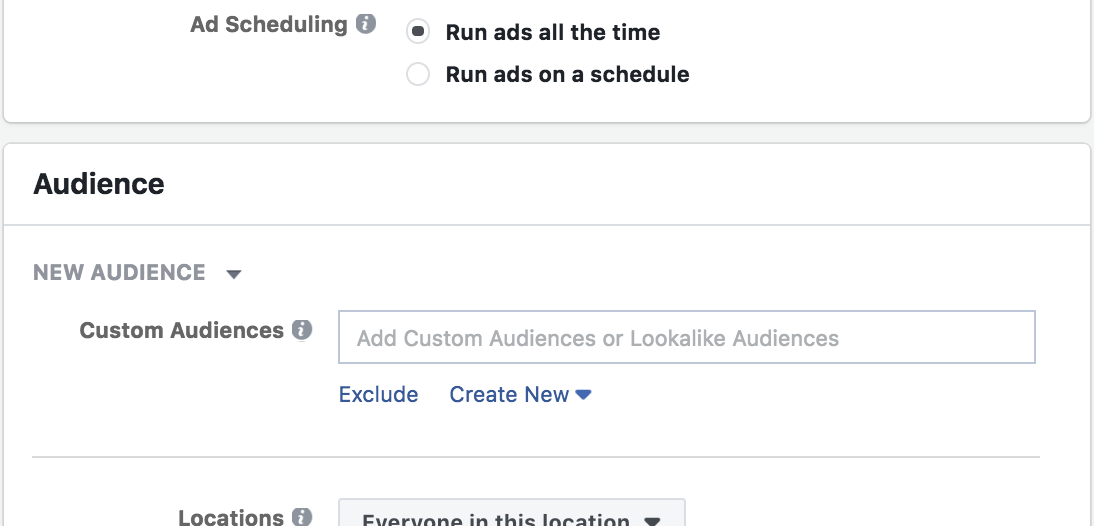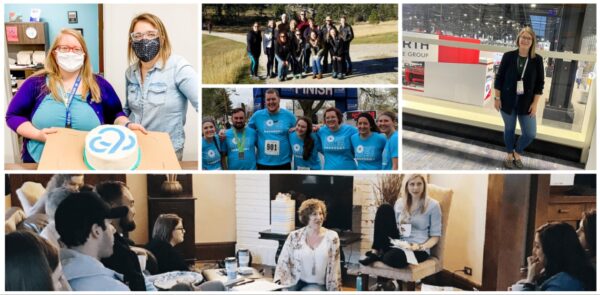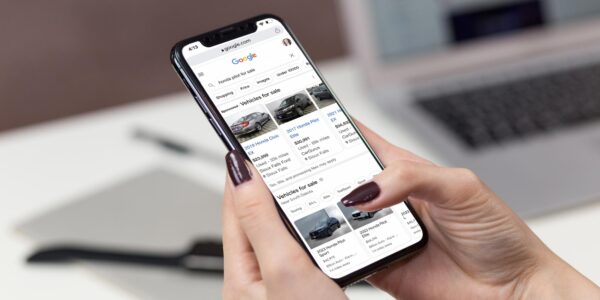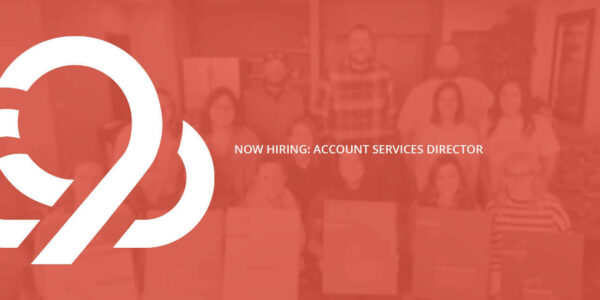
The Sky Isn’t Falling: What’s Next for Third-Party Data Targeting on Facebook
Update: Since publishing this post, we’ve come out with a few more resources to help you navigate the world of Facebook advertising without the help of third-party data:
- [Blog post] “Advertise Like Canada: How Dealerships Can Overcome Facebook’s Data Limitations”
- [Webinar] “Tips from Canada: How to Run Your Facebook Ads Without Third-Party Data”
- [Case study] “North Dakota Ford Dealer Finds Success with Facebook Lookalike Audiences”
Be sure to check out all three of these resources for the most recent info and tips on Facebook targeting for auto dealers!
Back in March, Facebook announced an end to Partner Categories targeting.
While Facebook would still let you import your store’s own data, and while it still offered a wealth of data on its platform for you to use, Facebook no longer wanted to let third-party data providers push Polk data, credit card data, and other consumer information into the social network for advertisers.
Of course, this announcement caused some stir in the online marketing world. At 9 Clouds, it has raised questions about where this leaves dealers who have relied on Facebook to get in front of likely car shoppers.
But as we head toward the actual implementation of these changes and what they mean for your auto dealership, I’m happy to say the sky isn’t falling.
Advertisers will still be able to use third-party data (including Polk data) to target Facebook ads after Partner Categories are gone.
What Facebook Said Then
To refresh your memory, Facebook Partner Categories are targeting parameters based on third-party integrations of data. Partner Categories allow Facebook advertisers to target people according to their income brackets, their industries, or specific automotive audiences based on Polk data.

As of now, third-party data providers still pump this data into Facebook for advertisers to employ, and Facebook cuts the providers a check when their data gets used.
In March 2018, Facebook told us that we had until June 30 to make new campaigns using Partner Categories. (This date has since moved to August 15.) After that date, existing campaigns could still use third-party data, but new campaigns wouldn’t be able to. Then, on October 1, 2018, all Partner Categories targeting would be shut off.
This meant that there would be a higher barrier to entry for auto dealers. No longer would advertising on Facebook be as simple as logging into Ads Manager and selecting current in-market Toyota shoppers.
Even at this stage, there wasn’t huge reason to panic. Advertisers were using different tactics already to reach the right audience on Facebook in countries that didn’t allow third-party data. At 9 Clouds, we advised agencies and dealers to start experimenting with:
- Interest-based targeting
- Retargeting campaigns
- Custom Audiences
You can learn more about those tactics in our original blog post on these changes, under the “Why Canada Sets a Good Example for the U.S.” heading.
What Facebook Says Now
Fast-forward through most of the summer. We’ve now gotten some much clearer answers on how these changes will work, both from our Facebook contacts and from talking directly with these third-party data providers, like Oracle Data Cloud.
First off — again, the sky is staying put. You will still be able to use Polk data and other third-party data to target Facebook ads once Partner Categories are gone in October. Here’s why (and how).
Basically, this move is all about Facebook not wanting to be culpable when it comes to third-party data. As a result, Facebook is going to introduce a new system that will require advertisers to opt in to the use of data from providers like Oracle.
So once your ad account has been whitelisted with a data provider, you will need to agree to some form of terms and services agreement within Ads Manager to enable targeting from that provider.
Then, instead of selecting Partner Categories fields in the “Detailed Targeting” section of your ad set, you will use the Custom Audiences tool, into which the provider will have pumped your Polk data audiences.

Instead of just cutting Oracle a check after you use the targeting, you’ll now get billed by both Facebook and Oracle (or other data providers) separately. Don’t worry, though — right now, it looks like costs to the advertiser should stay about the same.
As long as all the final details are agreed upon by Oracle and Facebook in the coming weeks, these new third-party Custom Audiences should be available by August 15, 2018, when the current Partner Categories targeting becomes unavailable for new campaigns.
Get Help with Your Online Marketing
Overall, Facebook’s “big change” is really just adding the step of getting whitelisted by data providers (and washing its hands of any liability). This means to get the expanded access, dealers will need to find a way to get whitelisted with Oracle, like our clients’ ad accounts have been.
As we’ve been experimenting with Facebook ads over the summer, 9 Clouds feels better than ever about this change. We’ve been testing the use of Partner Categories against Lookalike Audiences based on our clients’ customer relationship management (CRM) systems, and these tests continue to show the value of the customer data that dealers already have.
We’ll definitely be keeping an eye on the finer points of these Facebook targeting updates as they unfold into the fall (and the coming years).
But for now, really, the sky is staying put . . . and there might even be some sun peeking through the clouds.
Get some more help with your Facebook ads and the rest of your online marketing strategy from the 9 Clouds team by clicking below.



![Human vs AI A/B Test [Spoiler Alert: Humans Win!]](https://9clouds.com/wp-content/uploads/2024/02/Volvo-dealership-1-600x388.png)


